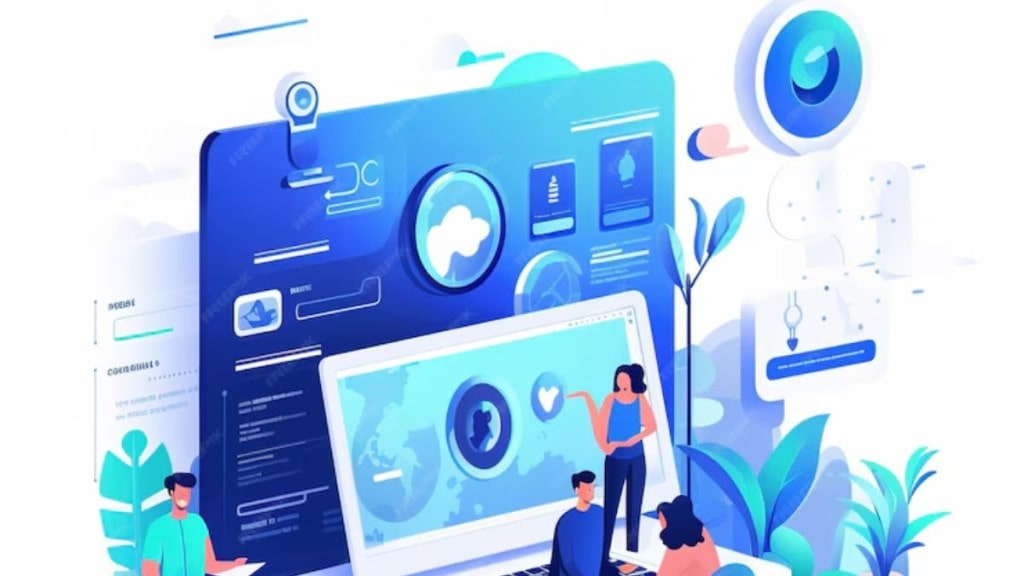By Shajesh Menon
In today’s fast-paced market, audience acquisition is crucial for business success. It focuses on identifying, attracting, and engaging potential customers to drive growth and expand brand visibility. Marketing automation and data building streamline efforts, personalise outreach, and optimise strategies, ensuring sustained growth and a competitive edge.
The Importance of Audience Acquisition
Audience acquisition is a strategic process that employs various channels such as digital advertising, content marketing, social media, and email campaigns to engage potential customers. According to a 2023 marketing report, 62% of marketers use measurement solutions to evaluate marketing performance, highlighting the significance of audience acquisition in shaping business outcomes.
Effective audience acquisition is essential for several reasons:
1. Revenue Growth: Targeting a well-defined audience increases the likelihood of conversions, leading to more sales and higher revenue.
2. Market Expansion and Brand Awareness: Acquiring a broader audience allows businesses to reach new market segments, expanding their customer base and increasing brand recognition.
3. Customer Insights and Competitive Advantage: Acquiring and analysing audience data helps businesses craft personalised marketing strategies, giving them a competitive edge by engaging potential customers more efficiently.
Streamlining Audience Acquisition with Marketing Automation
Marketing automation significantly simplifies the audience acquisition process by automating repetitive tasks. Automated tools streamline lead generation, segment audiences, and nurture leads through personalised workflows.
Moreover, marketing automation enhances scalability by reducing the manual effort needed to manage campaigns. It allows businesses to deliver dynamic content and personalised messaging, making their audience acquisition strategies more efficient and impactful.
Importance of Strong Tech B2B Space in the process
The companies dealing in technology-driven experiential marketing space hold extensive expertise in the tech B2B space, with a dedicated team focussing on engaging targeted audiences. Leveraging a data repository, companies can conduct strategic outreach campaigns through mailers and other methods that ensure that the right audience, in the right numbers, is present at each event. Utilising advanced tools, the team optimises these processes to track which channels perform best and monitor audience behavior, enabling continuous improvement in engagement strategies.
The Role of Database Building in Audience Acquisition
Database building is a critical component of audience acquisition. A well-structured database allows businesses to personalise their marketing efforts based on customer behavior, preferences, and demographics. This level of personalisation leads to higher engagement and loyalty, ultimately increasing conversion rates and fostering long-term customer relationships.
The Impact of a Well-Maintained Database
A well-maintained database greatly enhances marketing campaign performance. By providing accurate, up-to-date customer information, businesses can create highly targeted campaigns that resonate with specific audience segments. This increases the likelihood of engagement, as customers are more likely to respond to content that addresses their specific interests and needs.
Furthermore, an effective database enables ongoing engagement through automated communications that are personalised and sent via various channels. These tailored interactions help keep the audience connected to the brand, fostering loyalty and long-term customer relationships.
Future Trends in Audience Acquisition
Several emerging trends are poised to shape the future of audience acquisition:
1. AI and Machine Learning: AI and machine learning are transforming audience acquisition by enabling businesses to analyse vast amounts of data, predict customer behavior, and optimise targeting. This leads to more effective campaigns with improved engagement and conversion rates.
2. Privacy and Data Protection: As consumers become more aware of how their data is used, businesses must prioritise privacy and data protection. Stricter regulations like GDPR and CCPA require companies to adopt consent-based marketing strategies, building trust and transparency with their audience.
3. Omnichannel Marketing: The rise of omnichannel marketing demands that businesses provide a seamless experience across multiple platforms. By integrating data from various touchpoints, businesses can create unified customer profiles, allowing for more personalised and cohesive marketing efforts.
Conclusion
Optimising audience acquisition through comprehensive marketing automation and database building is vital for businesses aiming for sustained growth in a competitive market. By embracing future trends like AI integration, data privacy, and omnichannel marketing, companies can refine their strategies and build stronger connections with their audience. This comprehensive approach ensures long-term success and enhances their position in the ever-evolving business landscape.
The author is founder and CEO, Younion Brand Experiences. (Views expressed are the author’s own and not necessarily those of financialexpress.com)
